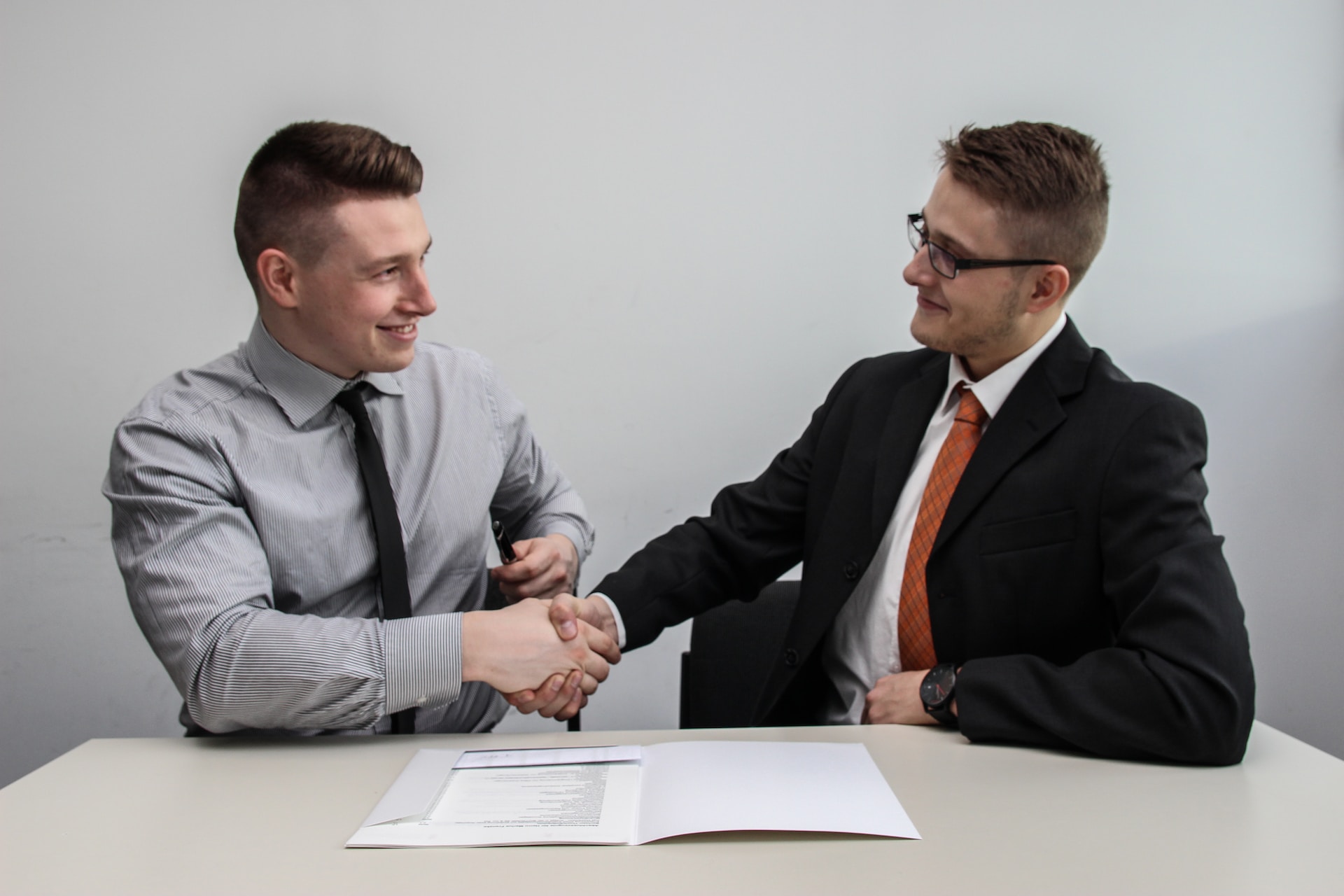People who are aiming to become self-employed must handle a bulk of paperwork and are facing difficult decisions which shape the future of their business. So, starting a business requires good preparation, which is ideally written down in a business plan.
The business plan highlights the strategic direction of the business in terms of its mission, marketing, finances and human resources, and is documented and planned meticulously. Thus, every self-starter may be extremely busy deciding on the right course of the business, so that little time remains to take care of paperwork and legal requirements.
Therefore, the help of a business advisor may be especially helpfully in the early days of any business. As the number of self-employed in UK is on its rise, sufficient information how accountancy service providers such as ClearSkyAccounting.co.uk can help to get a business going is important. Generally speaking, accounting specialists provide help during the pre-planning of the business and provide advice regarding tax, legal and professional insurance requirements.
Pre-Planning of the Business
Accountancy services are aimed at people who are planning to become self-employed by either becoming a sole trader, freelancer, contractor, consultant or professional. In either case, professional advice can be provided concerning the best business structure which brings along different legal commitments. Depending on this decision, the company owner is facing different financial risks in case of loss.
Generally speaking, self-employed people who are registered as a sole trader, private limited company or business partnership take the full financial responsibility of their business. In contrast, owners of limited companies or partnerships are not personally responsible for the business’s financial risks. They are rather liable for the loss until a certain amount which is determined by their share or a prior set and guaranteed amount.
Tax and Legal Requirements and Administrative Support
All business structures have in common with the self-employed the need to register for VAT, to pay income tax and national insurance and to fill in a self-assessment tax return every year. Next to this, partnerships and limited companies require additional paperwork. Specialists can help here to minimise tax liabilities and to advise on the IR35 Government legislation. Moreover, the service providers can take over the whole bulk of paperwork which ensures that all bills are paid within the HMRC deadlines.
Insurance
Finally, no matter which business structure has been chosen, specialist will find the right professional insurance for you and often have exclusive access to special packages. People, who are wishing to become self-employed and are looking for some advice, can have a no obligation chat with ClearSky Accounting. Click here for more information on the likes of tax, invoices and VAT, and how others can look after them for you.





